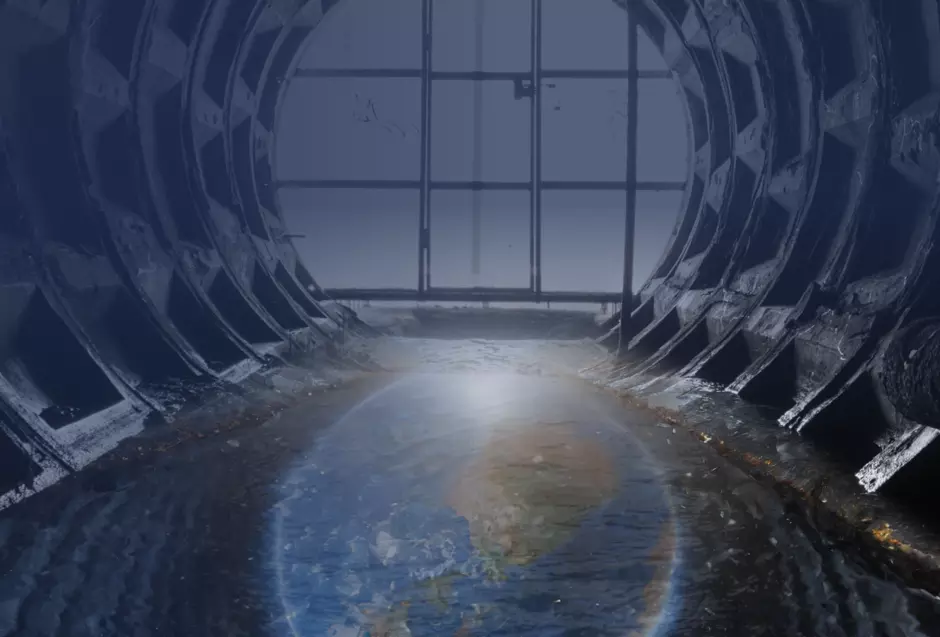Water is an indispensable resource in manufacturing, essential for processes ranging from cooling and cleaning to chemical reactions and product formulation. As industries expand and technology advances, the British water demand is expected to exceed current supply by 40% by 2030, according to the Water Resources Group. This rising demand, coupled with increasing water scarcity and environmental regulations, has pushed industries to seek sustainable solutions. One critical approach gaining momentum is water reuse, which not only conserves water but also reduces costs and environmental impact.
The Growing Water Demand in Manufacturing
Manufacturing industries are some of the largest consumers of water. Sectors like textiles, chemicals, food and beverage, electronics, and automotive rely heavily on water. For instance, producing a single car can require over 175,000 litres of water, and the textile industry uses approximately 200 litres of water to produce just one kilogram of fabric.

Several factors contribute to the increasing water demand:
1. Industrial Growth: As economies grow, industrial activities expand, driving up water consumption.
2. Technological Advancements: Modern manufacturing processes often require more water to achieve higher precision and quality.
3. Population Growth: Increased consumer demand for products translates to higher production rates and subsequently, more water use.

The Importance of Water Reuse
Water reuse is a pivotal strategy given the finite nature of freshwater resources, with only 3% of the planet’s water being fresh. Additionally, unless water consumption is drastically reduced, severe water shortages could affect the entire planet by 2040. Water reuse involves treating and repurposing wastewater for various applications, reducing the dependency on freshwater sources.
Key Benefits of Water Reuse:
1. Resource Conservation: By recycling water within the manufacturing process, industries can significantly cut down on freshwater extraction, preserving natural water bodies.
2. Cost Savings: Water treatment and reuse can lower operational costs by reducing the need for purchasing and treating fresh water. It can also potentially reduce your annual effluent discharge costs per annum.
3. Environmental Protection: Minimising wastewater discharge into the environment helps to reduce pollution and safeguard ecosystems.
4. Regulatory Compliance: Stricter environmental regulations require industries to manage their water use and wastewater discharge more effectively.
Together, we can work on innovative solutions that help you manage your water resources more efficiently. Our expertise covers the entire water cycle, providing comprehensive services from water treatment to recycling and resource recovery.


